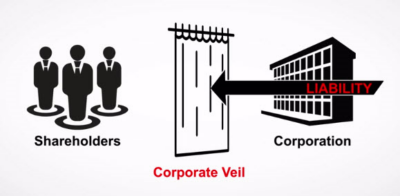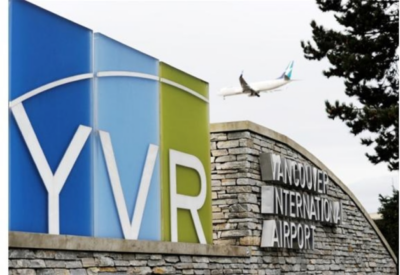
To Disclose or Not to Disclose: SCC Grants Leave in Transportation Safety Board of Canada v Kathleen Carroll-Byrne, et al.
In Canada (Transportation Safety Board) v Carroll-Byrne, 2021 NSCA 34 [Carroll-Byrne], the Transportation Safety Board of Canada (“the Board”) sought to appeal the Supreme Court of Nova Scotia’s (“NSSC”) interlocutory decision (Carroll-Byrne v Air Canada, 2019 NSSC 339 [Air Canada]) to allow the conditional release of the contents of the cockpit voice recorder (“CVR”) of […]










